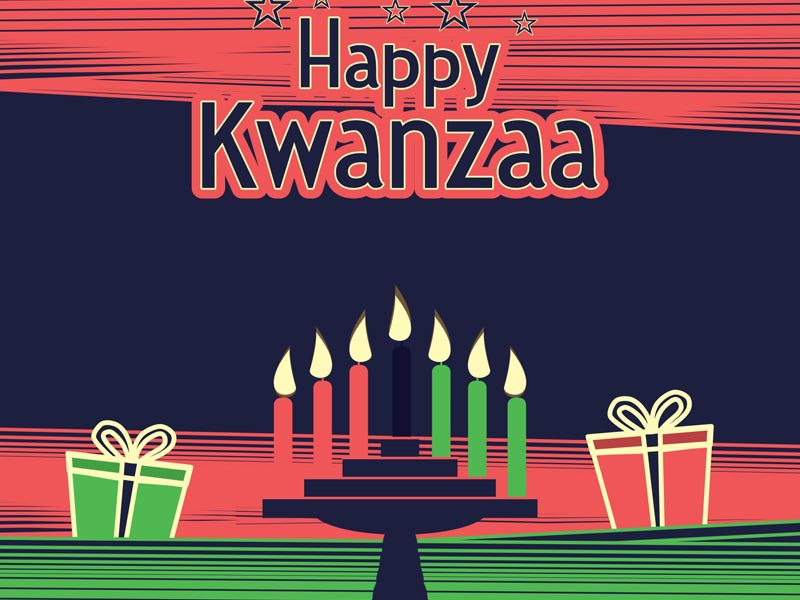
Kwanzaa: What Is It and How Is It Celebrated?
Every year during the holidays, we see several different religions, each with its respective celebration. Some of these carry deeper origins that many might misunderstand on the surface.
The celebration of Kwanzaa is one of these that is widely misinterpreted. Kwanzaa is not a religious holiday but rather a cultural celebration that places a heavy focus on spirituality.
What is Kwanzaa? How do people celebrate Kwanzaa? Please keep reading to learn all about Kwanzaa and how it is celebrated.
What is Kwanzaa?
Many believe Kwanzaa is an ancient holiday, but it has only been around since 1966. Kwanzaa combines many cultural traditions, such as those of the Zulu and Ashanti peoples.
The word “Kwanzaa” originates from the Swahili words meaning “first fruits.” It focuses on the examination of what it means to be African, as well as a human being in a broader sense.
The Meaning of Kwanzaa
Nguzo Saba is the seven core principles that make up the center of Kwanzaa.
The principles of Nguzo Saba are as follows:
- Umoja, or unity: the balance between oneself and one’s nation, race, community, and the world as a whole
- Kujichagulia, or self-determination: the idea that one has the power to define oneself, for oneself
- Ujima, or collective responsibility and work: the belief that individual successes are shared with one’s community and vice versa
- Ujamaa, or cooperative economics: the idea of sharing what one has with the entire community for a collective benefit
- Nia, or purpose: reflecting on one’s actions and meaning
- Kuumba, or creativity: the value of expressing oneself with work, actions, thoughts, and art
- Imani, or faith: the merging of one’s beliefs and traditions with those of one’s ancestors
Each of the seven days of Kwanzaa celebrates these meanings, respectively. Designed to represent the African-centered values, these seven days emphasize the cultural importance of celebrating culture and connection to ancestry.
How Do People Celebrate Kwanzaa?
Kwanzaa is a culturally rich and expressive holiday with many different ways to celebrate. People are encouraged to express their heritage with African print fabrics, symbols, art, and other creative expressions.
Places of gathering and common tables are filled with the seven symbols of Kwanzaa. These include:
- Mazao, or crops: these symbolize community work and planning as well as sharing a common result
- Mkeka, or placemat: this placemat is representative of the foundation on which people can build and thrive
- Muhindi, or ears of corn: these ears of corn represent family and fertility
- Mishumaa Saba, or seven candles: these candles represent a source of light and contain one black, three red, and three green candles
- Kinara, or candleholder: this represents ancestors and their wisdom
- Kikombe Cha Umoja, or unity cup: drinking from this cup on the sixth day of Kwanzaa symbolizes remembrance of ancestors
- Zawadi, or gifts: these are often made by hand and are shared to symbolize success and growth
Kwanzaa is an inclusive holiday that focuses on secular traditions rather than those of religious origin. It carries a deep meaning of joy, unity, and peace throughout different cultural backgrounds for those who celebrate.
Celebrating Kwanzaa
The holiday of Kwanzaa is not about religion but a celebration of heritage. Now that you know a little more about its background, you will be better equipped to learn and understand more about the true meaning of Kwanzaa.
For African prints to adorn your Kwanzaa celebration, check our best-selling African print fabric selection.
AKN Fabrics is recognized worldwide for selling the highest quality African fabrics and textiles at low prices. With new designs arriving daily, we always have a great selection of African fabrics and textiles to choose from.
